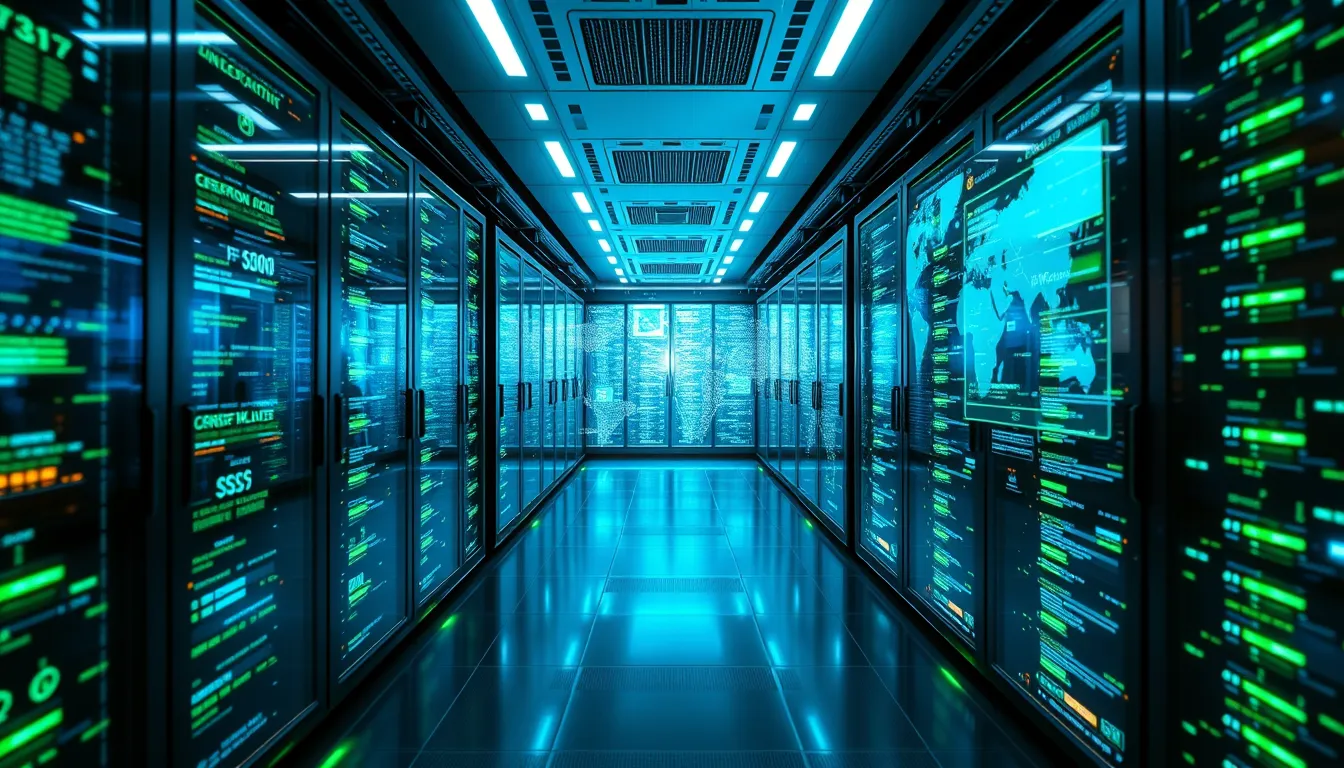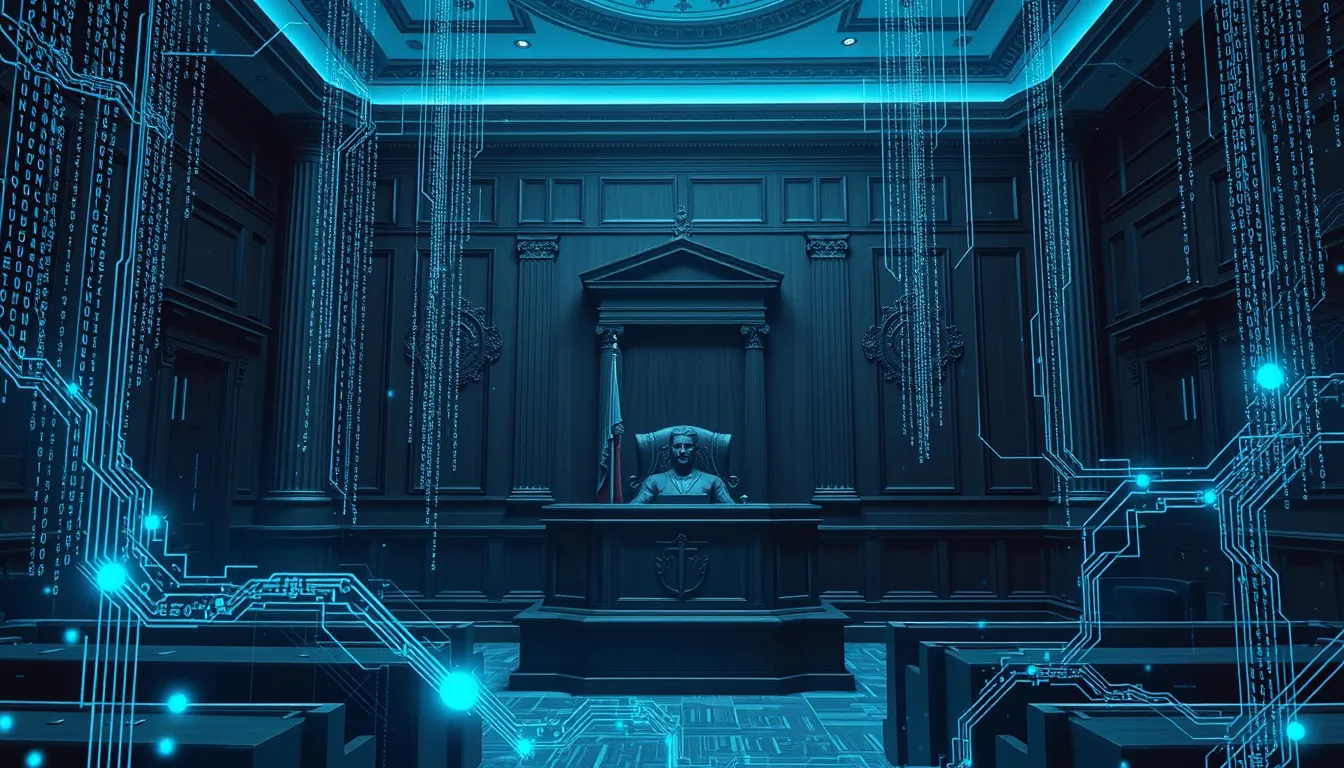Now Reading: Powerful AI in Healthcare Diagnostics: Boosting Patient Care
-
01
Powerful AI in Healthcare Diagnostics: Boosting Patient Care
Powerful AI in Healthcare Diagnostics: Boosting Patient Care

Powerful AI in Healthcare Diagnostics: Boosting Patient Care
The rapid growth of artificial intelligence (AI) has ushered in a new era for medical innovations. Today, the integration of technology with modern medicine is changing the landscape of diagnostics. Specifically, AI in healthcare diagnostics is leading the way in improving patient care and enhancing the accuracy of disease detection.
The Promise of AI in Healthcare Diagnostics
AI in healthcare diagnostics refers to the use of cutting-edge algorithms to analyze medical data, from imaging to electronic health records. These systems are designed to assist physicians by quickly identifying patterns that might indicate potential health issues. This technology not only expedites the diagnostic process but also increases accuracy, allowing doctors to make more informed decisions.
Key benefits include:
- Improved diagnostic accuracy
- Faster analysis of medical imaging
- Reduction in human error
- Enhanced patient outcomes
Each of these elements contributes to a more efficient healthcare system, where patients receive timely and accurate diagnoses. When implemented correctly, AI in healthcare diagnostics can detect subtle indications of diseases such as cancer and cardiovascular conditions, thereby saving countless lives.
How AI Improves Diagnostic Accuracy
One of the major breakthroughs in recent years has been the application of AI to medical imaging. Radiologists now have the ability to review scans with much greater precision. AI in healthcare diagnostics plays a crucial role in assessing X-rays, CT scans, and MRIs. By comparing current images with historical data, the systems can detect minor changes that might be missed by human eyes.
In this context, utilizing machine learning ensures that algorithms continuously improve over time. As more data is collected, these systems become more adept at diagnosing conditions early. This improvement is instrumental in crafting personalized treatment plans.
Integrating AI with Traditional Medical Practices
While technology evolves rapidly, the integration of AI in healthcare diagnostics is done in tandem with traditional medical practices. Collaboration between human expertise and AI becomes the cornerstone of modern medicine.
For instance, a radiologist might initially review the images and then compare their assessments with AI recommendations. This dual-check system enhances reliability. Patients benefit from reduced wait times, fewer diagnostic errors, and overall improvement in the standard of care.
Internally, many hospitals now incorporate AI modules in their diagnostic departments. Leading institutions such as Mayo Clinic and Cleveland Clinic are investing heavily in these technologies. Externally, organizations like the U.S. Department of Health and Human Services (HHS) provide guidelines for safely integrating AI in clinical settings. You can learn more about these initiatives at the official HHS website.
Challenges and Future Outlook
Despite its promising benefits, AI in healthcare diagnostics faces several challenges. One major issue remains data privacy. Ensuring that patient data is secure while used to train machine learning models is critical. Moreover, there is a need for standardization across devices and platforms, which becomes a barrier when scaling the technology.
Other hurdles include:
- Regulatory challenges – establishing guidelines requires extensive collaboration between technology experts and health regulators.
- Implementation costs – initial deployment of AI systems can be expensive, though the long-term benefits often justify the investment.
- Training and adoption – healthcare staff must be thoroughly trained to maximize the potential of these systems.
The future looks promising as advancements in machine learning continue to evolve. Continuous innovation and robust collaboration among industry leaders will pave the way for even more sophisticated solutions. AI in healthcare diagnostics remains poised to revolutionize not just diagnostic accuracy but overall healthcare efficiency.
Conclusion
In summary, the use of AI in healthcare diagnostics is transforming how diseases are detected and treated. With benefits ranging from improved imaging analysis to faster and more accurate results, the integration of AI technologies in diagnostic processes is not just beneficial—it is essential for modern healthcare. As medical institutions across the globe adopt these advanced technologies, we will continue to see improvements in patient care, making the technology an indispensable part of future medical practices.
Ultimately, maintaining a balance between innovative AI tools and traditional medical expertise is key. The future of diagnostics lies in this synergy, ensuring that the benefits of advanced technology are fully realized. As the field evolves, we are reminded of the critical role AI in healthcare diagnostics plays in saving lives and fostering better outcomes. With ongoing research and regulatory support, the potential for even more remarkable developments remains on the horizon.

























